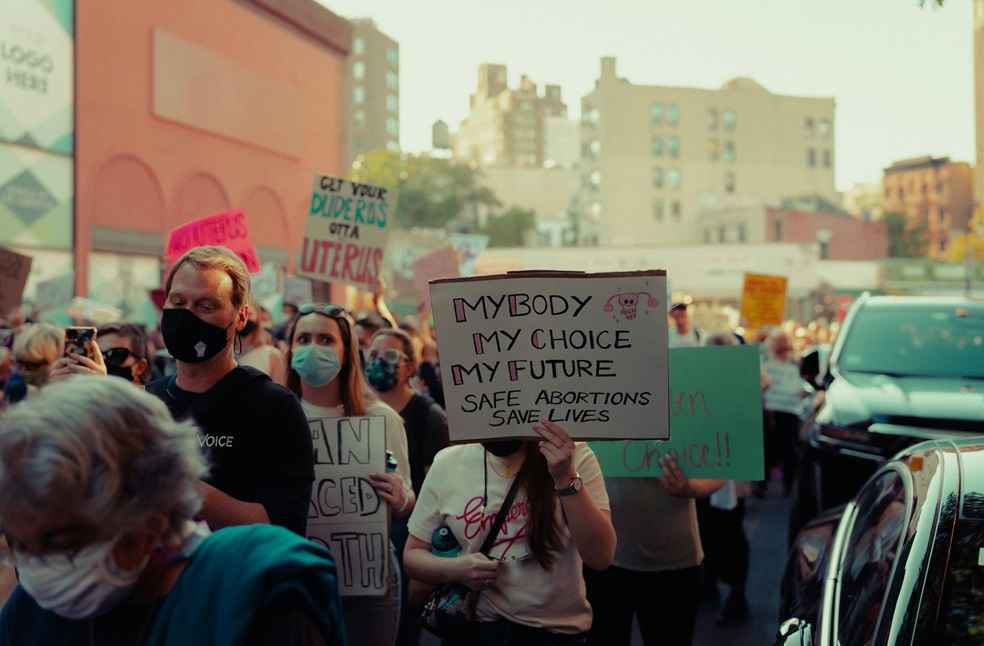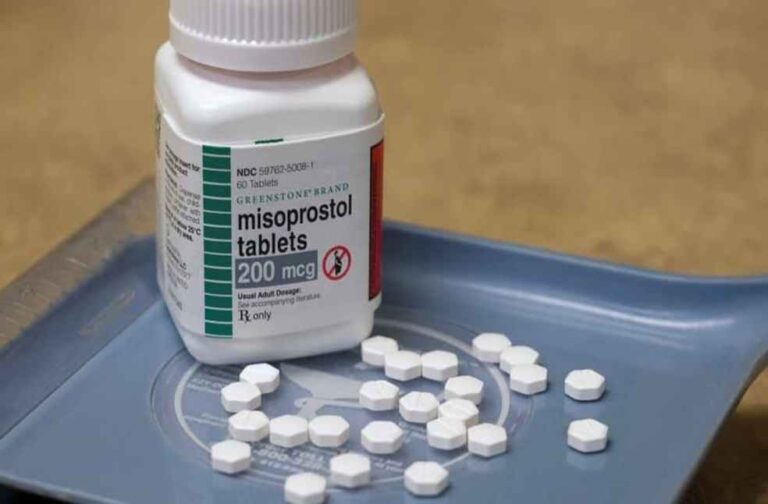United States: The Supreme Court of the United States will listen to oral arguments on whether to limit access to ‘Mifepristone,’ a common abortion drug. The pill was legalised in 2000.
This is the most important reproductive privileges lawsuit since June 2022, when the court ceased the nationwide right to abortion. According to the Biden administration, as a result of safety concerns raised by anti-abortion groups, the court may overturn the decision to limit access to the drug.
An umbrella group of anti-abortion doctors and activists, known as the Alliance for Hippocratic Medicine, filed a lawsuit against the Food and Drug Administration (FDA) in November 2022. Moreover, the group argues that mifepristone is perilous and that the FDA authorised its use in September 2000 for terminating pregnancies for seven weeks.

According to the Guttmacher Institute, medical abortions will account for 63 percent of all abortions in 2023, up from 53 percent in 2020. In total, more than five million US ladies use mifepristone to end their gestations. Previously, the court ruled it would not question the FDA’s endorsement of the medicine. The suit will focus on the federal agency’s conclusion to ease regulations on its usage since 2016.
The FDA declared in 2016 that it would permit the use of the drug until the 10-week mark, and in 2021 it introduced in-person allocation of necessities, allowing providers to mail it to patients. As of 2022, retail pharmacies can dispense the drug, which means that medical professionals can prescribe it, in addition to doctors. Mifepristone’s FDA approval was revoked by a Texas judge the following year.

First, the conservative-leaning Supreme Court must decide if the Alliance for Hippocratic Medicine can legally challenge the FDA in court, before ruling on the legality of the FDA’s access changes.
The judgment could potentially lead to the FDA imposing more rigid regulations again, making it more difficult for Americans to obtain the pill. Marsha Henderson, a former FDA associate commissioner for women’s health, commented that inverting the changes made in 2016 and 2021 could result in ‘reproductive care more resource-intensive and less safe.’
Henderson remarked that mifepristone is controlled ‘more strictly and studied more intensely’ than most other medicines. She added that a relapse would ‘undermine the FDA’s congressionally granted authority and confuse patients.’



